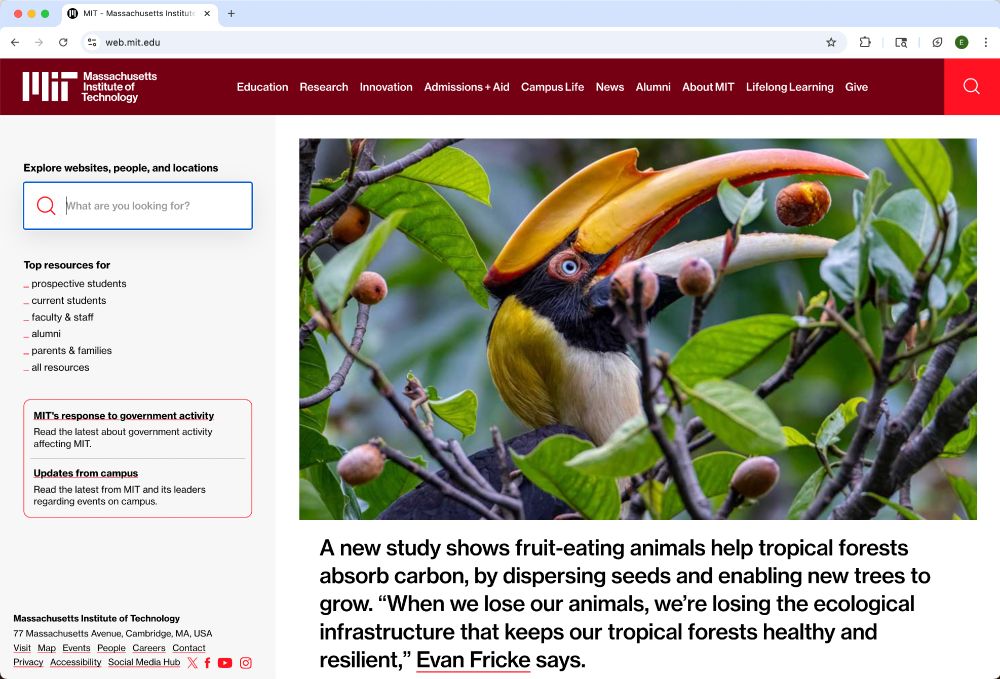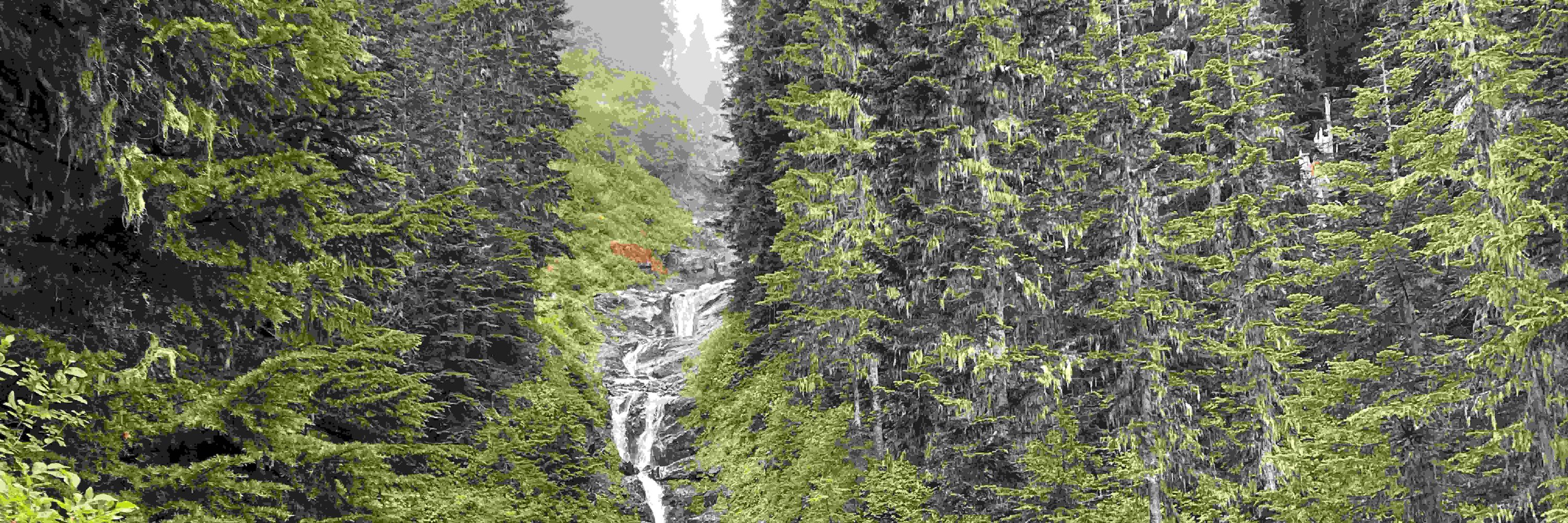
Research scientist at MIT.
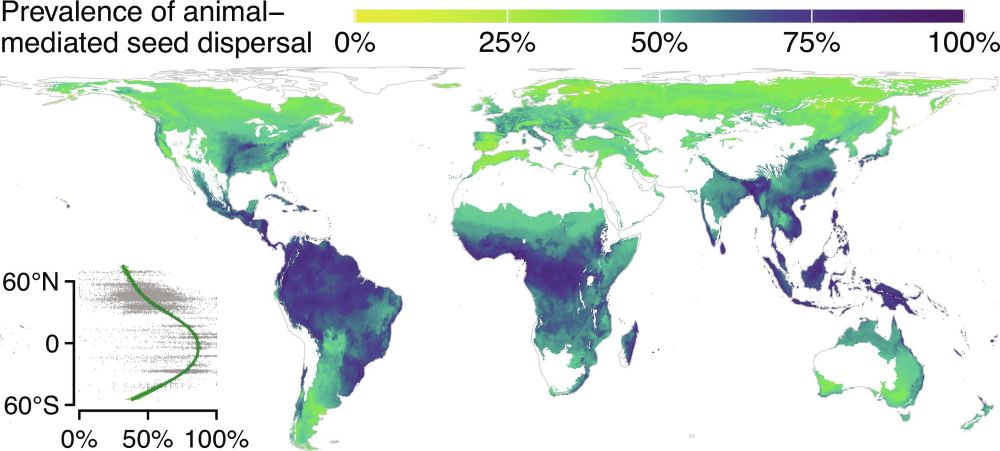
We’re not just losing forests – we’re losing their ability to regrow.
Reversing that trend could align biodiversity recovery with climate solutions.🧵
The Global Canopy Atlas: analysis-ready maps of 3D structure for the world's woody ecosystems
📜: doi.org/10.1101/2025...
Huge team effort led by the brilliant Fabian Fischer!

The Global Canopy Atlas: analysis-ready maps of 3D structure for the world's woody ecosystems
📜: doi.org/10.1101/2025...
Huge team effort led by the brilliant Fabian Fischer!
Anyone else want to skip the middleman and just publish cartoons from here on out?
🔗 www.pnas.org/doi/abs/10.1...




Anyone else want to skip the middleman and just publish cartoons from here on out?
🔗 www.pnas.org/doi/abs/10.1...
Are you asking "how much" or "if" climate change has impacted your system, then this paper is for you!
🧪🌏🌐🍁🌺🌱🌿
onlinelibrary.wiley.com/doi/10.1111/...
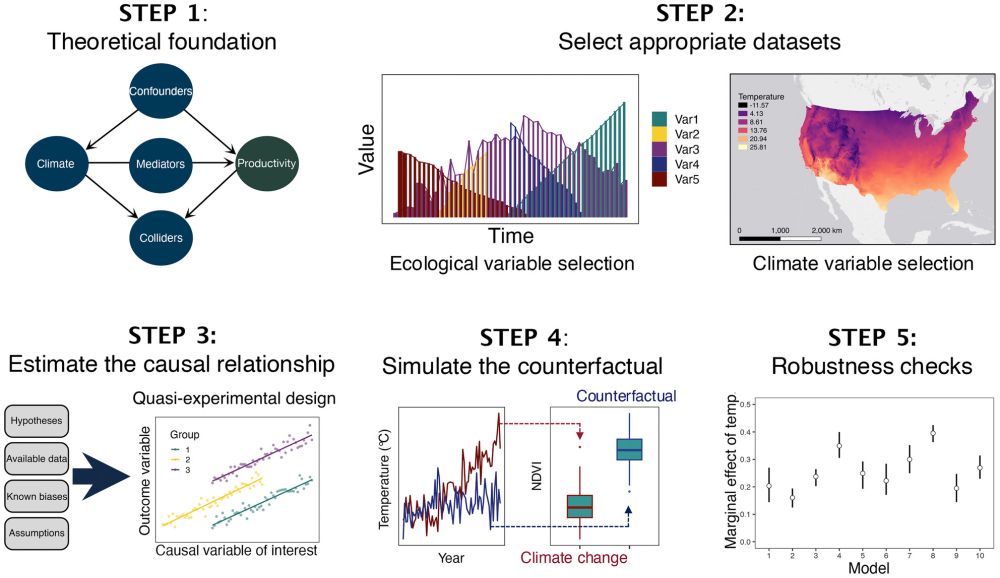
Are you asking "how much" or "if" climate change has impacted your system, then this paper is for you!
🧪🌏🌐🍁🌺🌱🌿
onlinelibrary.wiley.com/doi/10.1111/...
www.pnas.org/doi/10.1073/...

www.pnas.org/doi/10.1073/...
We’re not just losing forests – we’re losing their ability to regrow.
Reversing that trend could align biodiversity recovery with climate solutions.🧵

We’re not just losing forests – we’re losing their ability to regrow.
Reversing that trend could align biodiversity recovery with climate solutions.🧵

cv4ecology.caltech.edu/call_for_app...
cv4ecology.caltech.edu/call_for_app...
www.theguardian.com/environment/...
Glad to have contributed to this effort led by Kurt Fesenmyer at TNC.
www.nature.com/articles/s41...

www.theguardian.com/environment/...
Glad to have contributed to this effort led by Kurt Fesenmyer at TNC.
www.nature.com/articles/s41...
From our paper www.science.org/doi/10.1126/... Illustrated by coauthor @ohsanisidro.bsky.social

From our paper www.science.org/doi/10.1126/... Illustrated by coauthor @ohsanisidro.bsky.social
Our new Nature Reviews Biodiversity article synthesizes global evidence on seed disperser decline and what it means for plant biodiversity, ecosystem recovery, and climate adaptation. 🧵
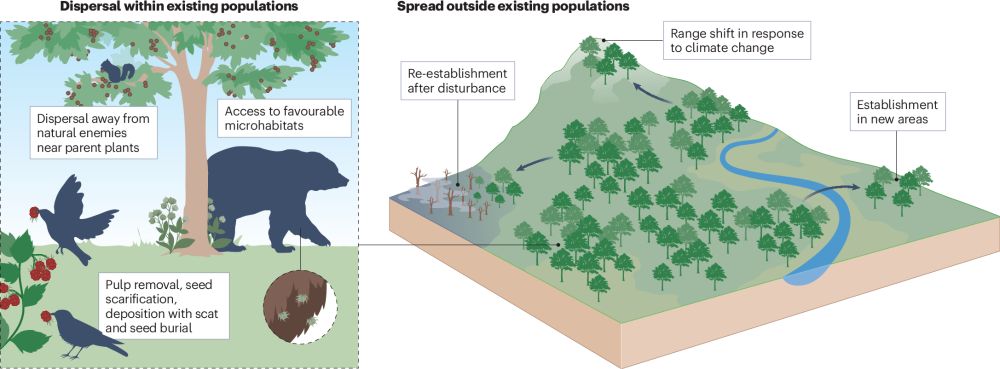
Our new Nature Reviews Biodiversity article synthesizes global evidence on seed disperser decline and what it means for plant biodiversity, ecosystem recovery, and climate adaptation. 🧵


